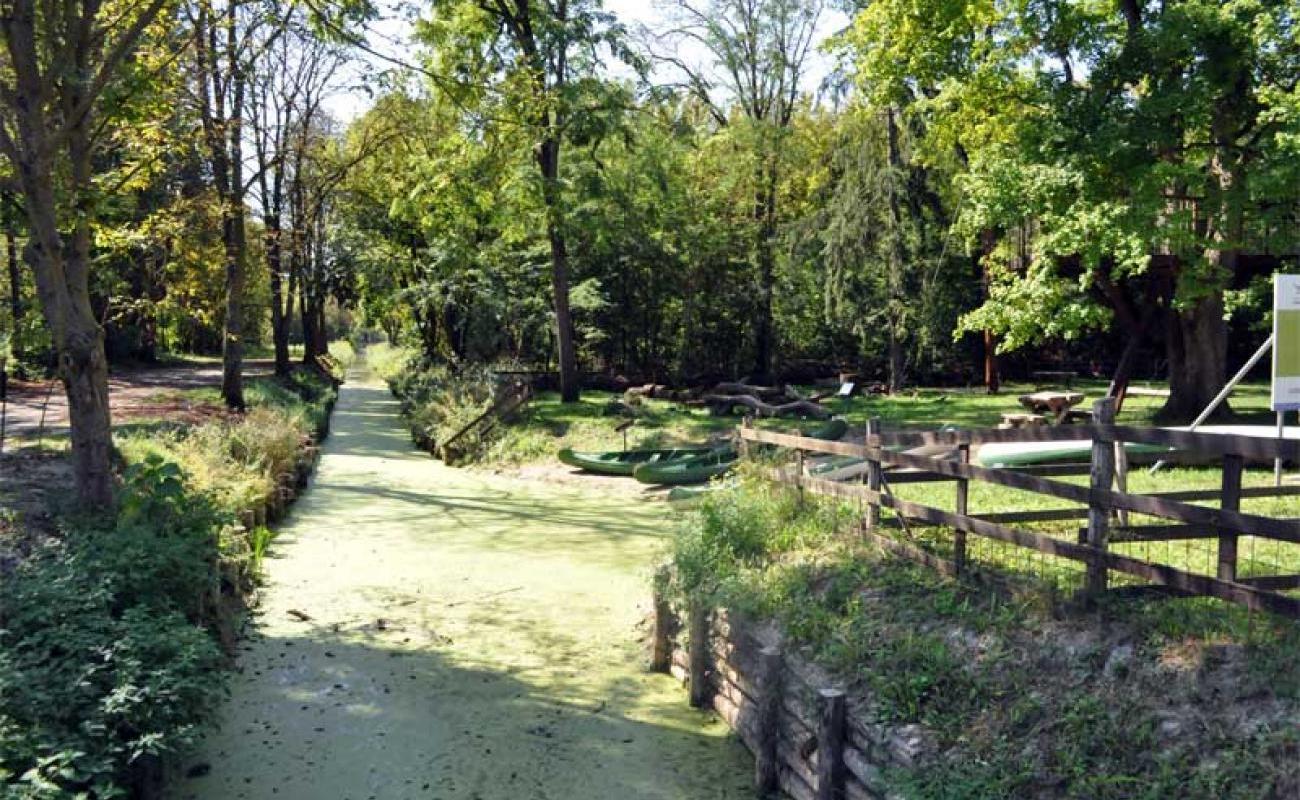With the Interreg project of the Croatian Forests Hidden landscapes, the protected natural and cultural heritage of Baranja is being revitalized

The goal of the Interreg cross-border cooperation project between Croatia and Hungary, Hidden landscapes, is to improve and enrich the tourist offer in the Hungarian-Croatian border area by developing a new eco-tourist offer in the protected natural and cultural heritage of Baranja. At the end of May, the Co-financing Agreement was signed, and the implementation of the project began with the preparatory activities on 1.1.2021, with the planned completion on 31.12.2022. The project includes 4 protected areas with a focus on their lesser-known sites and attractions - Kopački rit Nature Park, Biljska stepa - a natural monument and settlement Zlatna Greda in Croatia and Mount Mecsek in Hungary. The project holder is the Association for Nature and Environmental Protection Green Osijek with partners Hrvatske šume d.o.o., Danube Drava National Park from Hungary and the Municipality of Bilje.
It should be noted that this is financially one of the most significant projects approved under the second call for regional cooperation between Croatia and Hungary. The total value of the project is 1.7 million euros, of which 85% is from EU funds and 15% from stakeholders' own funds. The value of the part of the project for the activities of Croatian Forests is 540 thousand euros, of which 459 thousand euros have been secured from EU funds, and its own financing will be 81 thousand euros. In its part of the project, Croatian Forests will have 4 extensive project activities at 3 locations. An educational center for learning about the phenomenon of floodplain forests and autochthonous flora and fauna will be established in the Zlatna Greda hunting lodge, a hiking trail will be arranged, a wooden pavilion will be set up for an outdoor classroom, a children's playground with wooden and educational elements and information boards. The Zlatna Greda wasteland itself will be revitalized by building promenades and installing solar lamps, arranging access roads, setting up educational boards on the history of the wasteland and the natural environment, canopies, rest areas with benches and the like. Green infrastructure will be rehabilitated by removing dry, diseased and dangerous trees and suitable indigenous plant species will be planted. The project also includes the procurement of the necessary machinery and tools for the maintenance of landscaped areas. At the northern entrance to the Kopački rit Nature Park, a "wilderness trail of Gušćara" will be arranged for wildlife observation and education, as well as a wooden bridge and rest areas. The project leader, the association Green Osijek and partners of the municipalities of Bilje and cross-border partners in their project activities will focus on the establishment and arrangement of tourist and educational infrastructure at the location of Bilje steppe, equipping the visitor center on the Drava in Osijek. Drava in Hungary investments relate to the improvement of the visitor center Tettye and Arboretum in the city of Pécs. On behalf of the Croatian Forests, FFS Osijek, the project leader is Mirjana Polimac with the support of the Service for projects co-financed by EU funds and international projects.
Part of the implementation project activities has already been done, such as contracting external expertise, procurement of machinery and equipment, contracting services, etc., while for the other part of the activities the plan is to announce the remaining public procurement procedures. The complex project Hidden landscapes is aimed at developing the sustainable use of existing natural and cultural resources through new tourist and educational facilities. For this reason, one of the
significant activities of the project carried out by Croatian Forests is the development of a comprehensive visitor management plan. The activities that will enable the arrangement and equipping of the space will increase the value of the entire area and the number of visitors, and the self-sustainability of this locality will be ensured through the generated revenues. Work on such projects is a contribution to the life of residents in rural areas, based on the expansion of content and additional valorization of agricultural, forest, forestry and cultural heritage of Baranja
